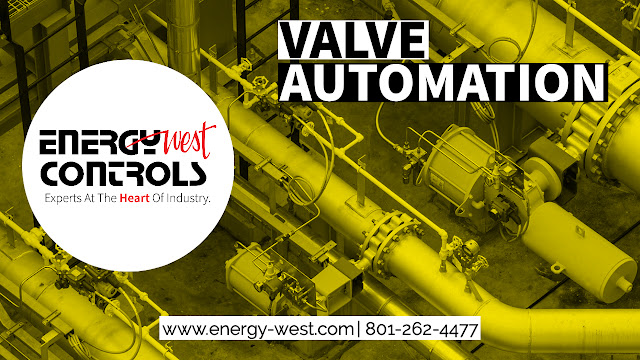Valve automation refers to the use of electromechanical or pneumatic devices to control the opening and closing of valves in an industrial process. The goal of valve automation is to optimize the control of fluid flow in a system, which can involve adjusting the flow rate, pressure, temperature, or other process variables.
Valve automation can be used in a variety of industries, including chemical processing, oil and gas, water treatment, and power generation. There are many different types of valves that can be automated, including ball valves, butterfly valves, and gate valves, among others. These valves can be controlled manually or automatically using a variety of methods, including electrical signals, pneumatic signals, or hydraulic signals.
In an automated system, the valves are typically controlled by a central control system, which may be a programmable logic controller (PLC) or a distributed control system (DCS). The control system receives input from sensors in the process and sends output signals to the valve actuators to adjust the valve positions as needed. The control system may also include human-machine interfaces (HMIs) or other types of operator interfaces that allow the process to be monitored and controlled by a human operator.
Valve automation can provide a number of benefits in an industrial process, including improved safety, efficiency, and accuracy. By automating the control of valves, it is possible to optimize the flow of fluids in a system to meet the desired process conditions, which can help to reduce waste, save energy, and improve product quality. Additionally, automated valve control can help to prevent human error and improve the overall reliability of the process.
For more information, contact:
Energy West, Inc.
1955 West Industrial Circle
Salt Lake City, Utah 84104
Phone: 801-262-4477
Fax: 801-261-0862
Web: https://energy-west.com
